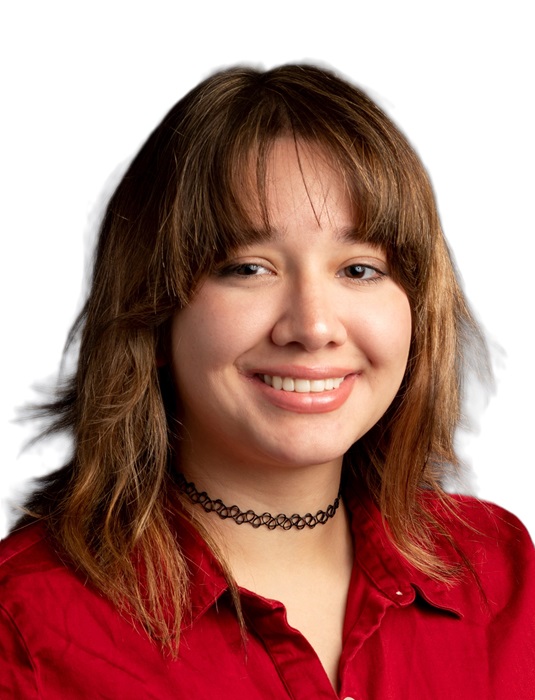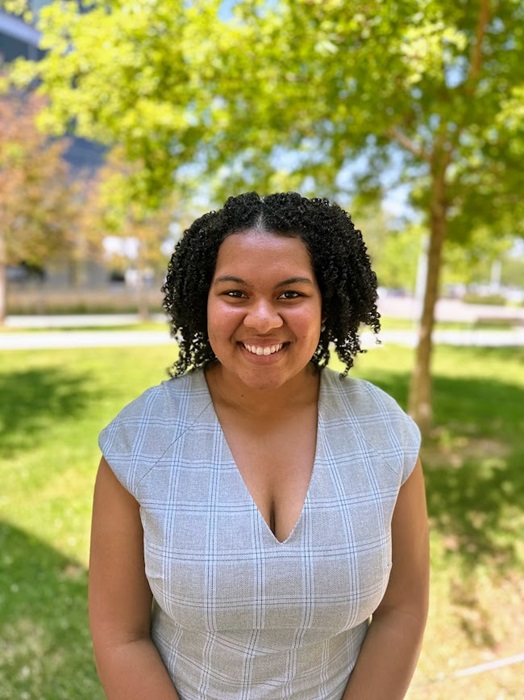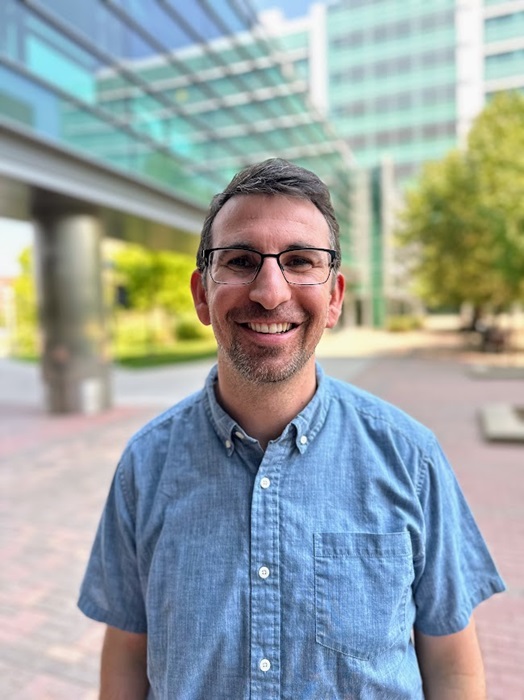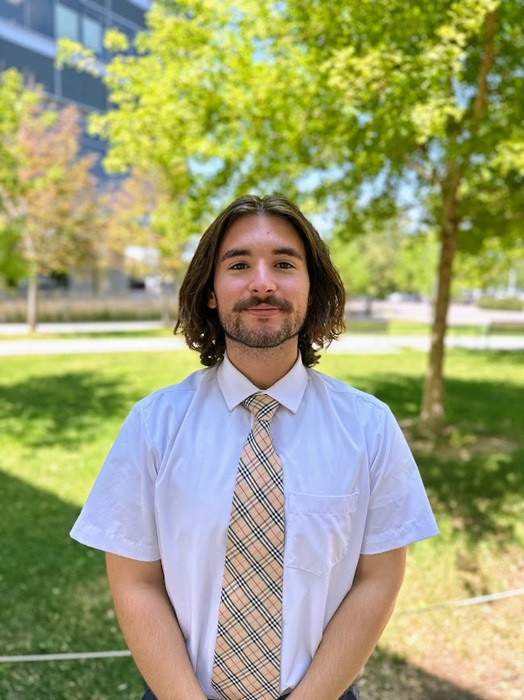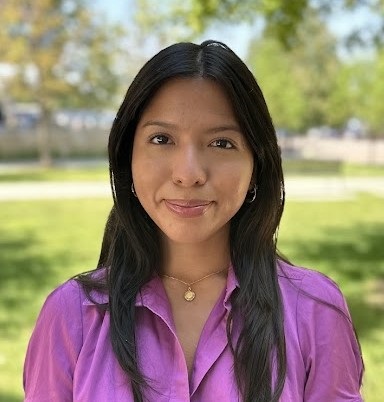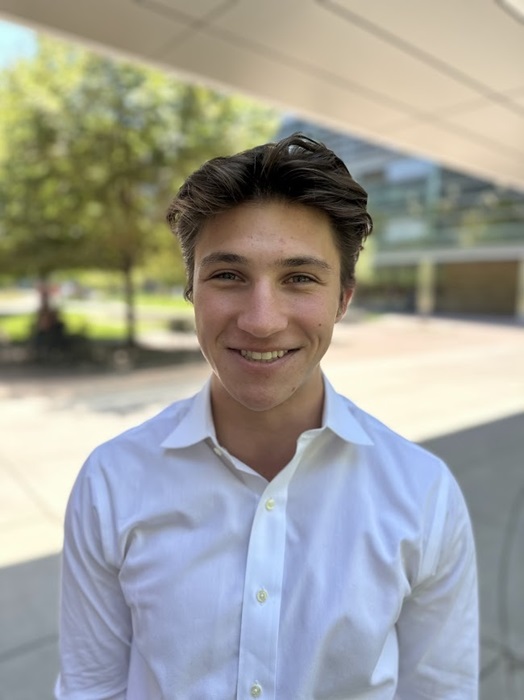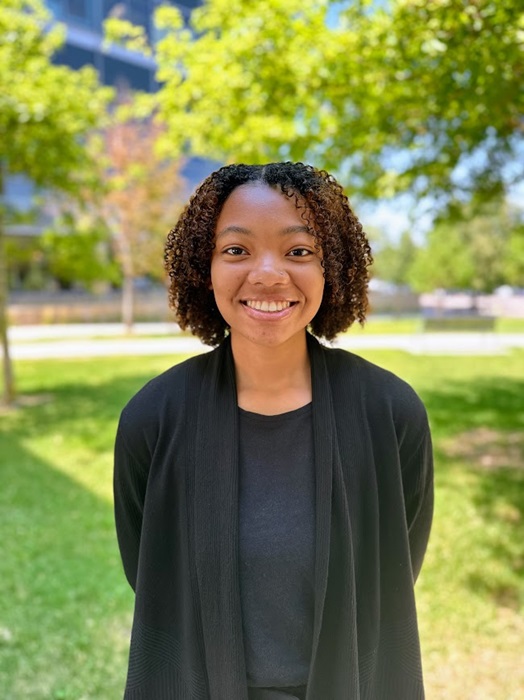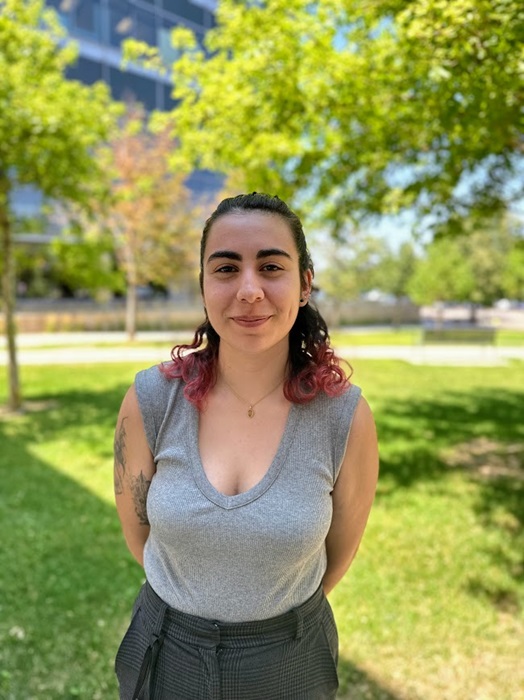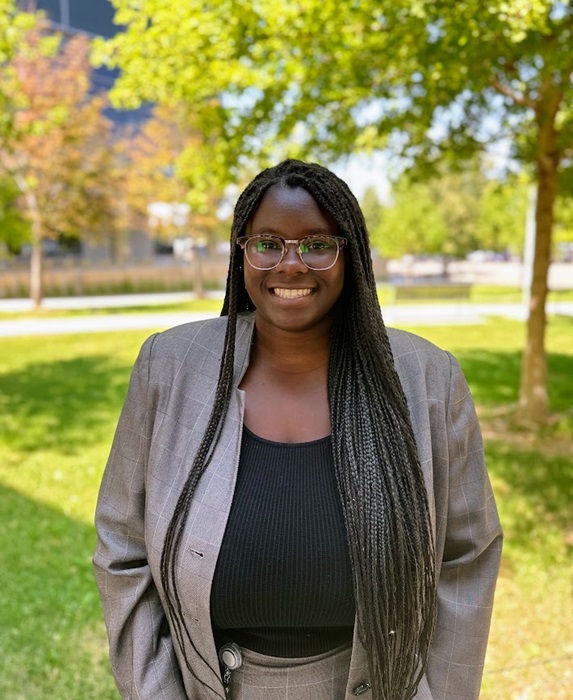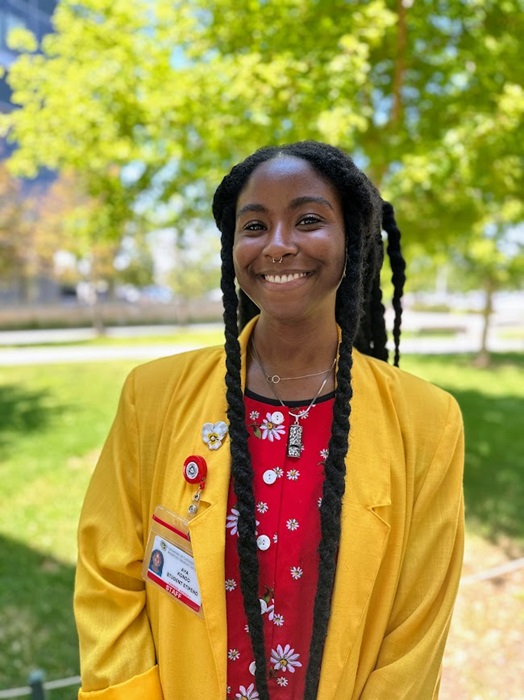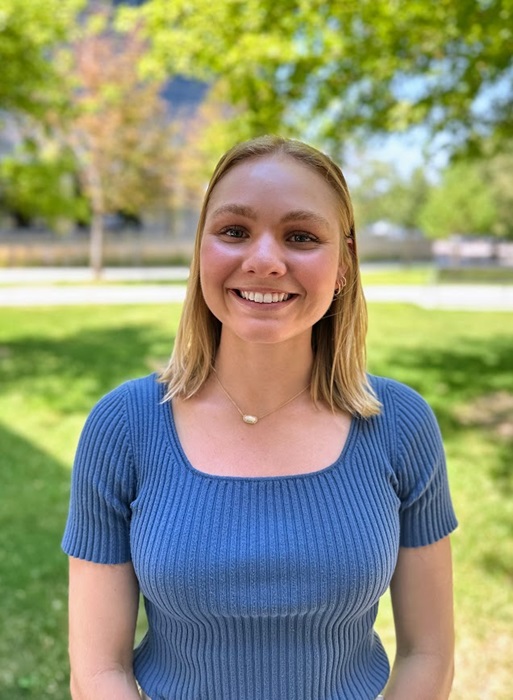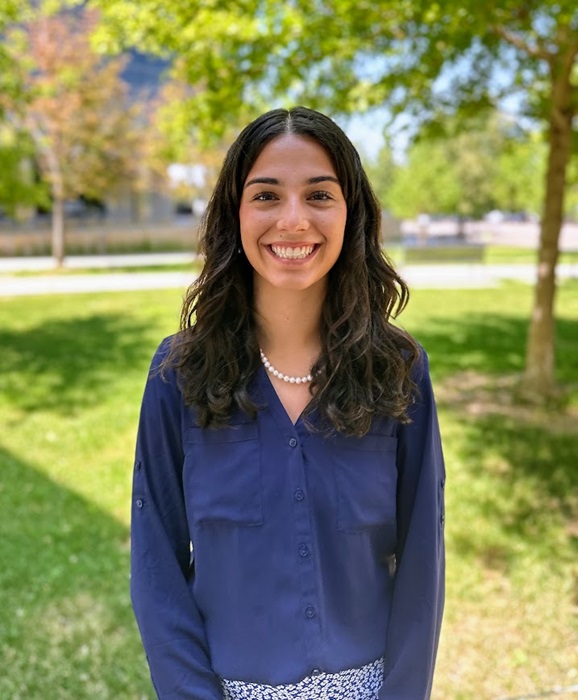GEMS- Graduate Experiences for Multicultural Students
Program Dates June 2nd - August 1st, 2025
The goal of the GEMS Program is to provide summer research opportunities in basic and translational research in the areas of Heart, Lung and Blood Diseases. The GEMS Program comprises two components, one is made up of undergraduate students and the other, known as GEMS-HP, consists of students currently enrolled in Health Professional training.
The overarching goal of the GEMS program is to support the development of future biomedical scientists by providing undergraduate students with research opportunities and exposure to the realistic lifestyle of biomedical research. Therefore we are looking for students who plan to pursue a lifelong career in research.
Selected undergraduate GEMS interns will participate in an intense ten-week summer research internship program. The program will consist of lectures, professional-development workshops, and a mentored laboratory research assignment. Participating laboratories are drawn from basic science as well as clinical science Departments at the UC-Denver Anschutz Medical Campus (UCD-AMC) performing research relating to heart, lung and blood (HLB) diseases such as cardiovascular disease (CVD), vasculopathies, pulmonary inflammation, acute lung injury, pulmonary fibrosis, asthma, cystic fibrosis, stem cell regenerative medicine (as it relates to HLB applications), COPD, pulmonary hypertension and pediatric pulmonary disease (i.e Bronchopulmonary dysplasia). Research projects in the fields of biochemistry, molecular genetics, cell and developmental biology, human medical genetics, immunology, microbiology and molecular biology in the context of an Heart, Blood or Lung diseases are common.
The program will include:
- Lectures in basic principles of biochemistry & molecular biology
- Training in Responsible Conduct of Research
- Faculty research seminars in various disciplines
- An eight-week laboratory research project
- Academic skills workshops
- Group social events

Evaluation
With guidance from their research mentor, GEMS interns will deliver their research findings in a 15-minute oral presentation. Undergraduate GEMS students will be evaluated on their oral presentations and their overall participation and performance throughout the summer. The student with the best overall performance will be awarded a travel award to a national scientific conference to present their summer research project.
Stipend / Living Allowance
GEMS-HP interns will receive a stipend/living allowance of $7,000. Out-of-State GEMS-HP participants will be housed in shared student dormitories on our undergraduate campus downtown. Students will need to pay for meals and for a portion of the room and board expenses (approx. $500) out of the stipend. GEMS staff will set-up the housing accommodations.
Transportation
Interns will receive round-trip transportation to and from Denver. Airfare will be paid by the GEMS program and students who choose to drive to Denver can be reimbursed for mileage up to the cost of the airfare for the equivalent trip.
Anschutz Medical Campus
The University of Colorado Denver Anschutz Medical Campus in Aurora, Colorado houses modern clinical facilities in the in-patient hospital, the Cancer Center, Rocky Mountain Lions Eye Institute, The Barbara Davis Center for Childhood Diabetes and the Anschutz Out-Patient Pavilion. It is also home to updated and well-equipped research facilities. Two hundred research laboratories, including all the basic science departments, moved to this new state-of-the-art facility in the summer and fall of 2004. Available facilities include those for general biomedical research and a full range of specialized research facilities with state-of-the-art equipment including instruments for flow cytometry, X-ray crystallography, mass spectrometry / proteomics, NMR, ORD, CD, surface plasmon resonance (BiaCore), fMRI, DNA sequencing, gene array analysis, and electron and confocal microscopy.
Eligibility
Must be a US Citizen or Permanent Resident of the United States
Must be from one of the following underrepresented student populations: Ethnic identity as Black/African American, Hispanic/Latino, American Indian, Alaska Native, Pacific Islander, low income/financial need, or first generation college attendee.
Cannot be a graduating senior in the spring of 2025.
The Denver Metropolitan Area
A modern metropolis of over two million residents, metropolitan Denver offers a wide variety of cultural and recreational facilities. The climate in Denver and its environs is exceptionally pleasant, with mild, sunny winter, and warm, dry summers. Numerous year-round recreational opportunities are afforded by the Rocky Mountains and other nearby attractions.

Application Deadline
February 14th
The GEMS program will be in-person on campus from June 2nd – August 1st.
Contacts

